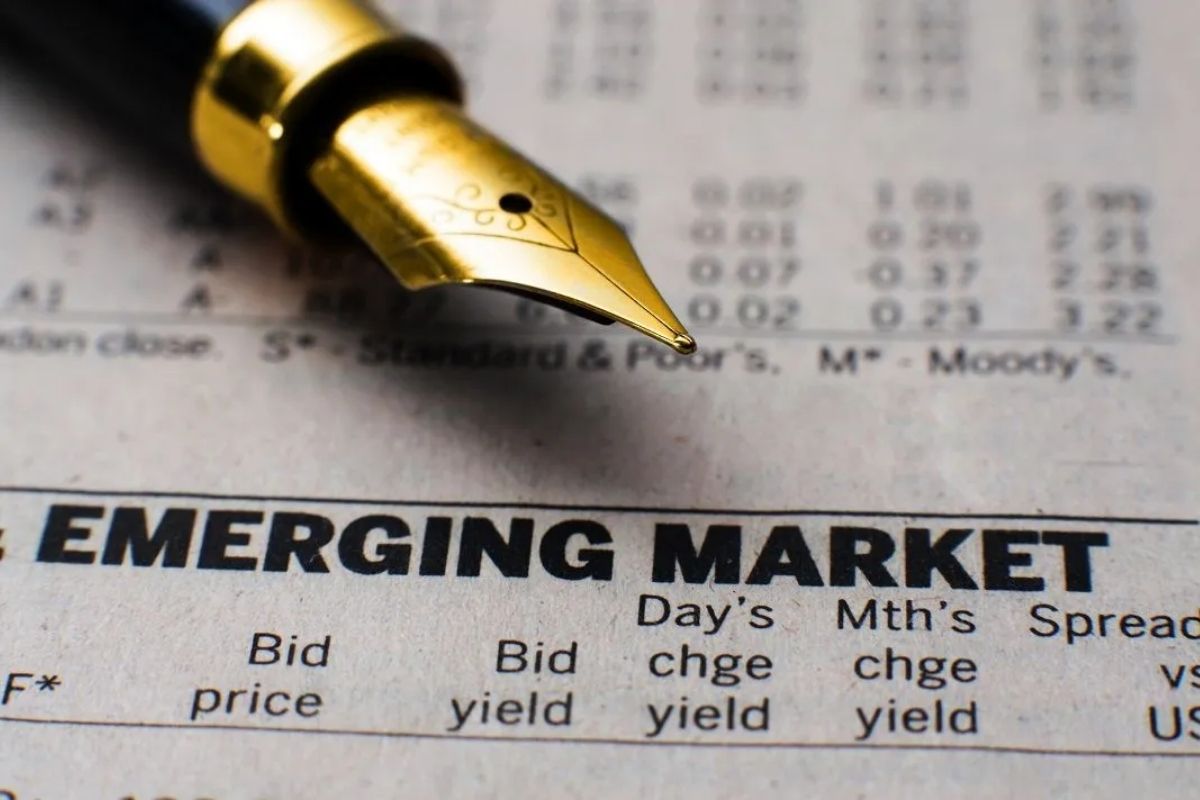The global economy is undergoing a significant transformation in 2025, driven by the rise of emerging markets. These economies are playing an increasingly influential role in international trade, technological advancements, and financial systems. As traditional economic powerhouses navigate post-pandemic recovery, emerging markets are stepping into the spotlight, reshaping global economic dynamics.
1. The Rise of Emerging Markets
Key Players
Several emerging economies are leading the charge in reshaping the global economy:
- China and India continue to dominate in manufacturing, technology, and digital innovation.
- Southeast Asia is becoming a hub for electronics and renewable energy.
- Africa is witnessing rapid industrialization and investment in infrastructure.
- Latin America is leveraging trade agreements to bolster its economy.
Growth Drivers
- Demographic Advantage: A young workforce fuels economic expansion in these regions.
- Technology Adoption: Rapid digitization and fintech advancements drive financial inclusion.
- Infrastructure Development: Massive investments in transportation, energy, and smart cities boost economic growth.

Read more: The Power of Microbiology: How Tiny Organisms Impact Our Lives
2. Trade and Investment Trends
Shifts in Global Trade
- Decentralized Supply Chains: Companies are diversifying manufacturing bases to reduce reliance on single markets.
- Regional Trade Agreements: Deals like the African Continental Free Trade Area (AfCFTA) and RCEP enhance trade cooperation.
- Sustainability-Driven Trade: Green policies influence trade patterns, with a focus on renewable energy and carbon-neutral strategies.
Foreign Direct Investment (FDI)
- Technology and Renewable Energy: Investors are pouring funds into AI, clean energy, and digital infrastructure.
- Venture Capital Boom: Startups in fintech, health tech, and e-commerce attract global investors.
- Government Incentives: Emerging economies offer tax breaks and regulatory support to boost investment.

3. The Role of Technology in Economic Transformation
AI and Automation
- Smart Manufacturing: Robotics and AI enhance production efficiency.
- E-Governance: Digitalization improves transparency and public services.
- Fintech Expansion: Mobile banking and blockchain revolutionize financial transactions.
The Digital Economy
- E-commerce Growth: Online marketplaces expand, connecting global consumers.
- 5G and Connectivity: Faster internet accelerates business operations and innovation.
- Cybersecurity Challenges: With digital expansion comes the need for stronger data protection measures.
4. Challenges and Risks
Inflation and Economic Stability
- Currency Volatility: Fluctuations in exchange rates pose risks to investors and businesses.
- Debt Burdens: Some emerging economies face challenges in managing national debt levels.
Geopolitical Uncertainty
- Trade Wars and Sanctions: Political tensions impact trade relationships and economic policies.
- Resource Competition: Access to critical resources like rare earth metals influences global power dynamics.
Environmental and Social Considerations
- Climate Change: Extreme weather events disrupt economic activity.
- Income Inequality: Governments must address disparities in wealth distribution.
- Urbanization Struggles: Rapid population growth in cities requires effective urban planning.
5. Future Outlook
Predictions for 2030
- Emerging Markets as Economic Leaders: China, India, and Brazil could surpass traditional G7 economies in GDP growth.
- Decentralized Finance (DeFi) Expansion: Cryptocurrencies and blockchain reshape global financial systems.
- Sustainable Growth Models: ESG (Environmental, Social, and Governance) frameworks become central to investment strategies.
The economic landscape of 2025 is marked by a shift toward emerging markets, driven by technological innovation, trade diversification, and demographic advantages. While challenges remain, these economies hold the potential to redefine global economic power, making adaptability and strategic investment crucial for businesses and policymakers alike.


